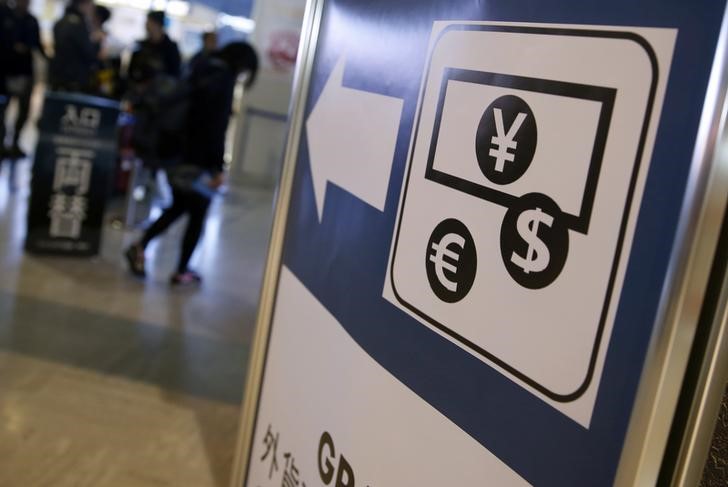Forex volatility to return this week as Trump's second term starts: Capital Economics
The financial landscape remained relatively calm in the currency markets, despite significant fluctuations in the bond markets. Ahead of Donald Trump's inauguration, the dollar showed little change last week, even after a softer-than-expected US Consumer Price Index (CPI) report for December led to reduced US interest rate expectations, providing relief to bond and equity markets.
Analysts at Capital Economics suggest that this week could see increased volatility, with high expectations for Trump's quick action in his second term influencing market reactions.
Capital Economics notes that with a lighter economic data calendar and the Federal Open Market Committee (FOMC) entering a quiet period before its policy meetings, Trump's policies will likely dominate the financial narrative next week. The firm maintains that Trump's tariff policies are not fully accounted for in the current market pricing, hinting at a potential rise in the dollar if sweeping tariffs are implemented.
However, the firm also acknowledges the risk of disappointment for the dollar if these tariffs do not materialize as quickly as anticipated.
In Japan, the currency markets are also bracing for the Bank of Japan's (BoJ) policy announcement on Friday. The yen has seen a strong performance this week following official statements suggesting a possible 25 basis point rate hike. Capital Economics' Japan Economics team has adjusted their forecast, now expecting a rate hike sooner than initially thought in March, with money markets assigning an approximately 80% probability to this outcome.
The focus now shifts to the BoJ's future policy signals, as they aim to manage market expectations without causing disruption, similar to the market turbulence following the BoJ's previous rate hike in June.
On the other side of the currency spectrum, the British pound has lagged behind other major G10 currencies for the second consecutive week. The UK's weaker-than-expected inflation and activity data have eased pressure on the Gilt market, resulting in lower yields.
Nevertheless, the pound has suffered as UK interest rate expectations have diminished, and the market remains cautious of the UK risk premium. Capital Economics believes that money markets are underestimating the level of easing by the Bank of England (BoE) expected this year, leading to a less optimistic outlook for the pound's performance.
This article was generated with the support of AI and reviewed by an editor. For more information see our T&C.
Source: Investing.com
